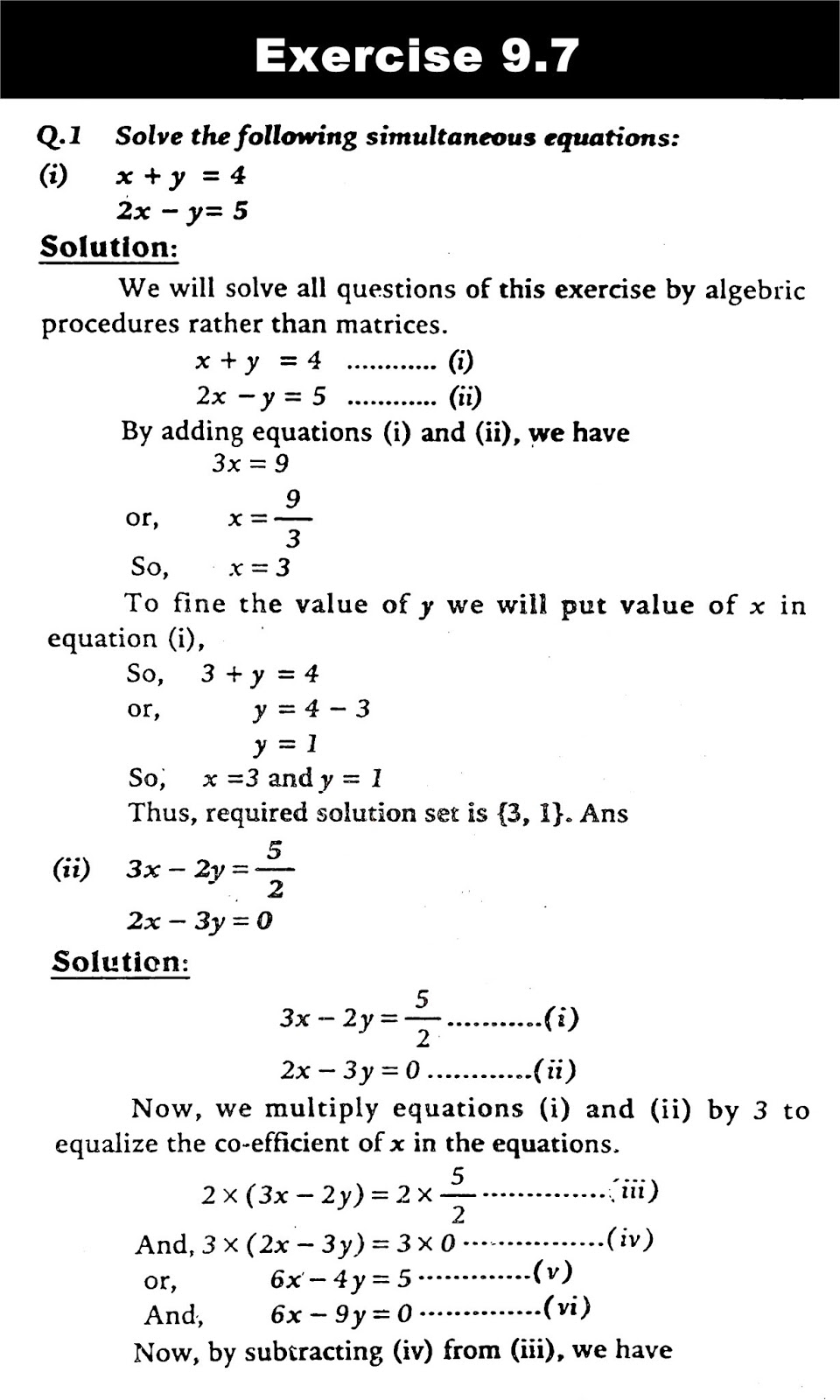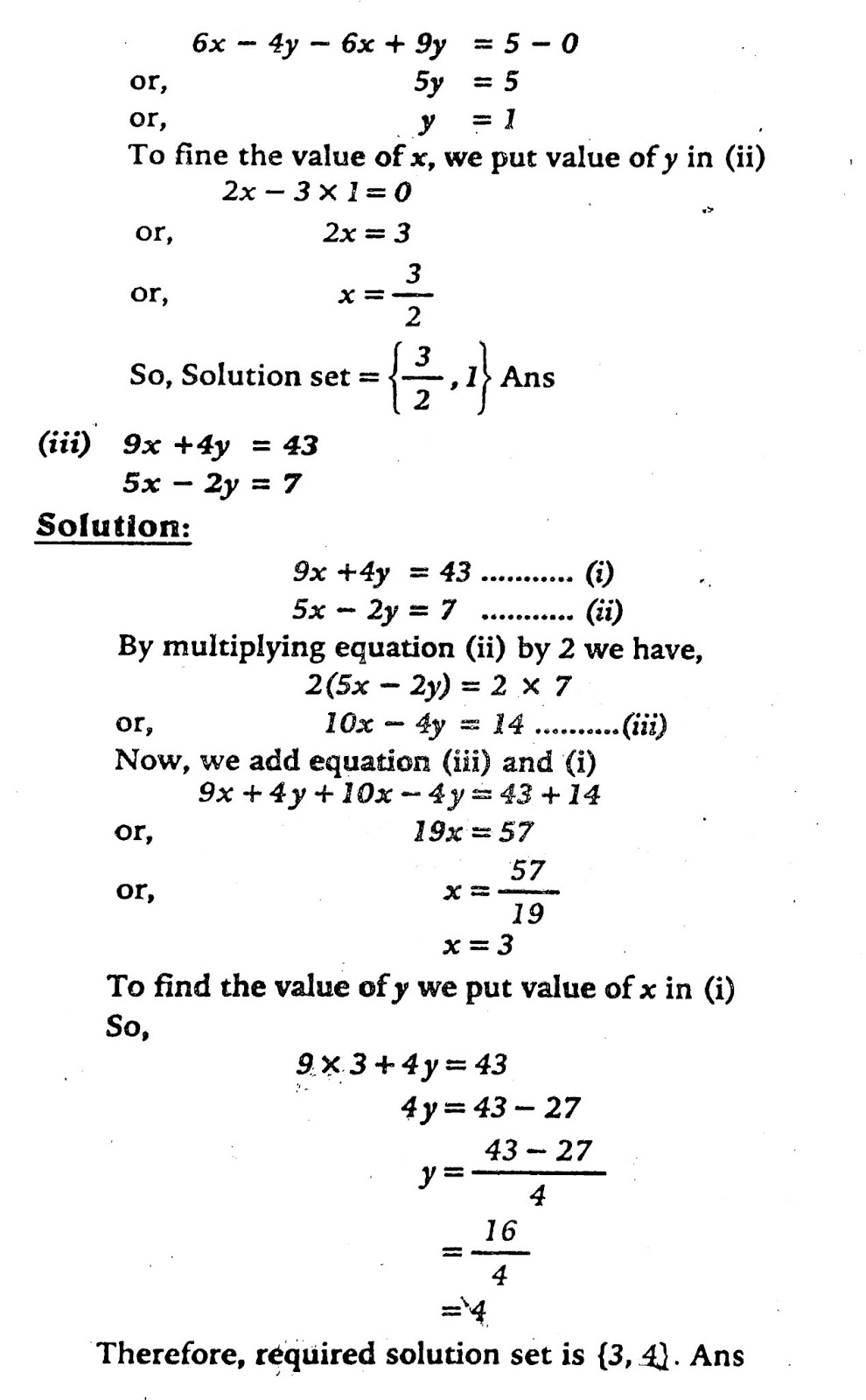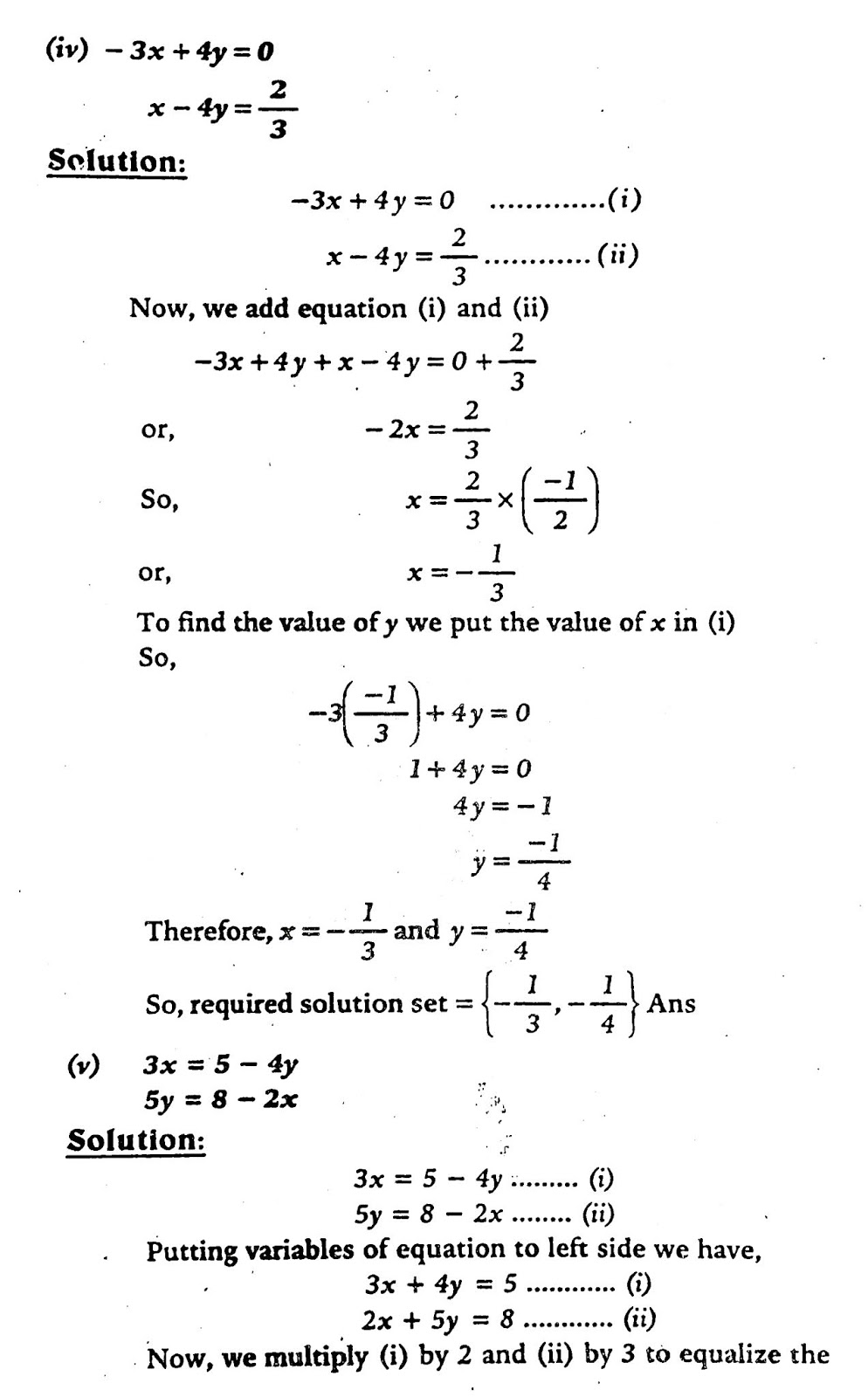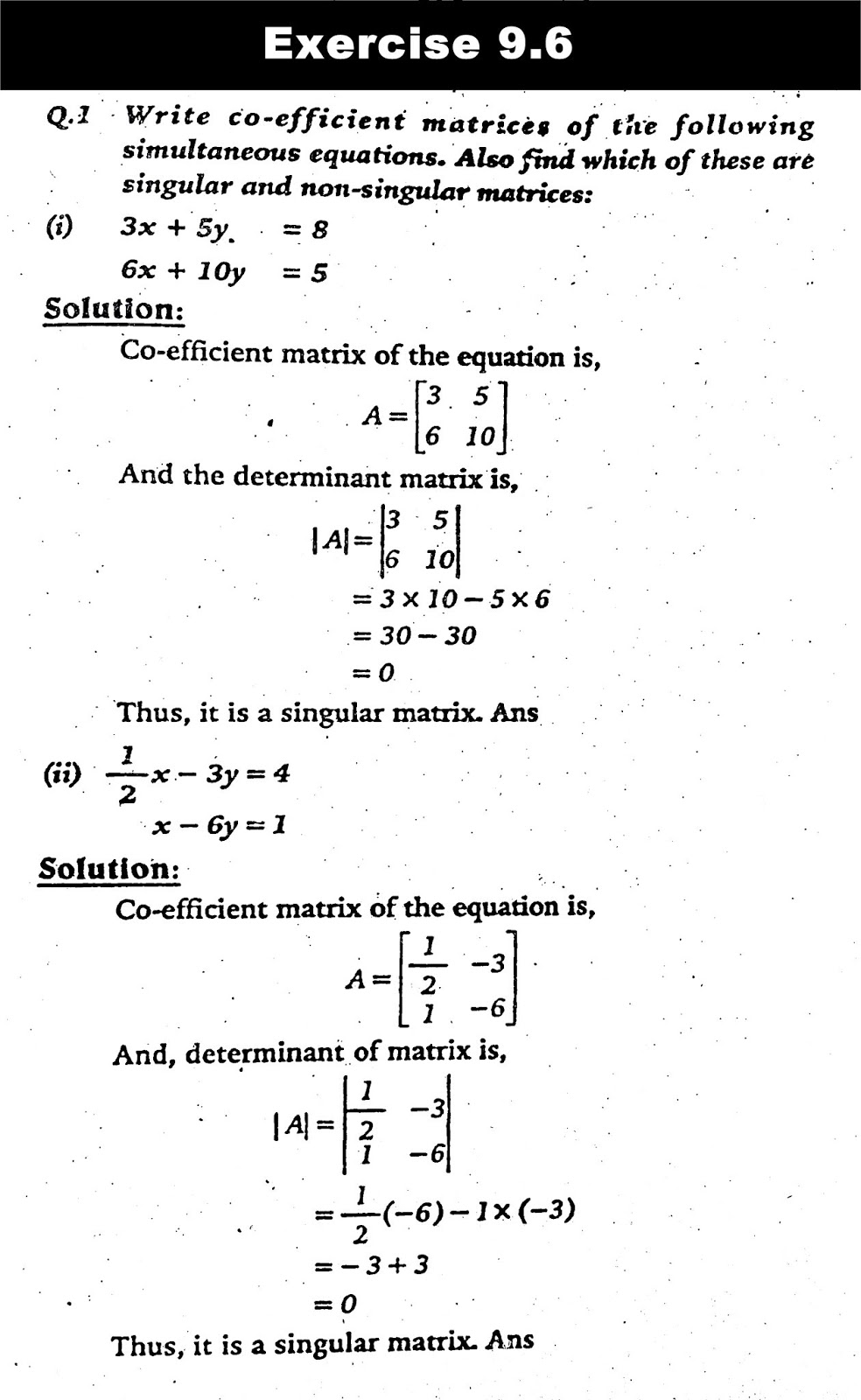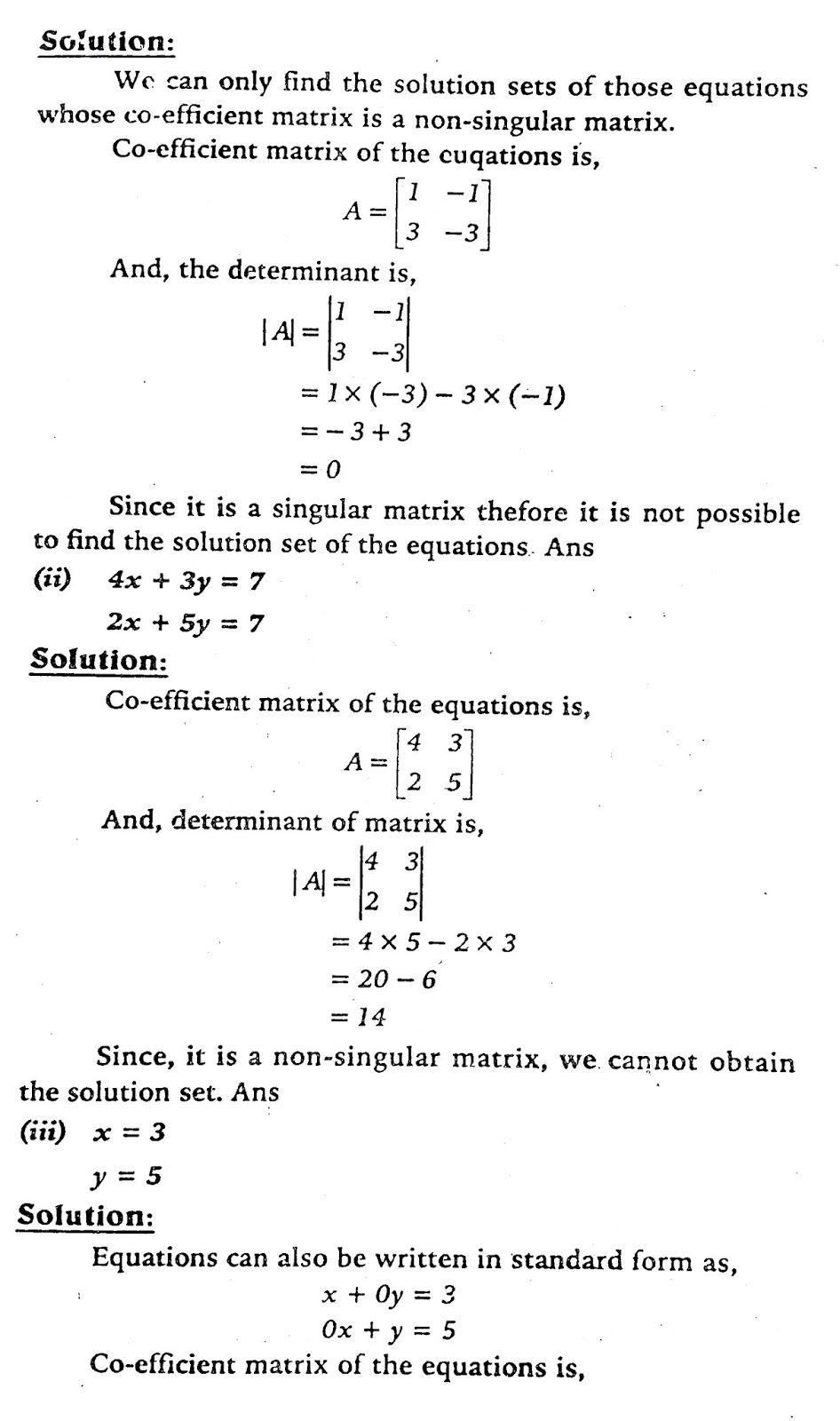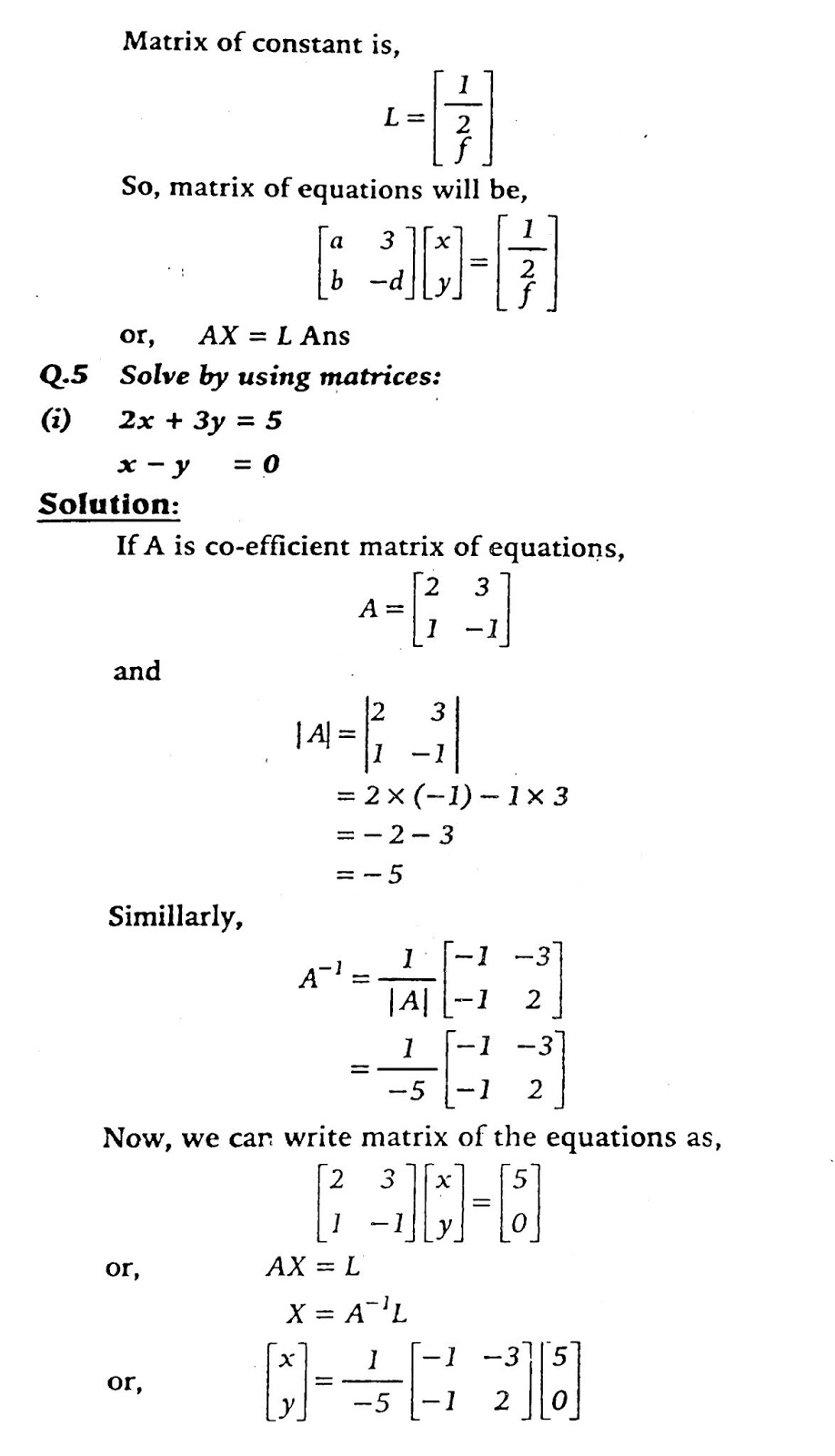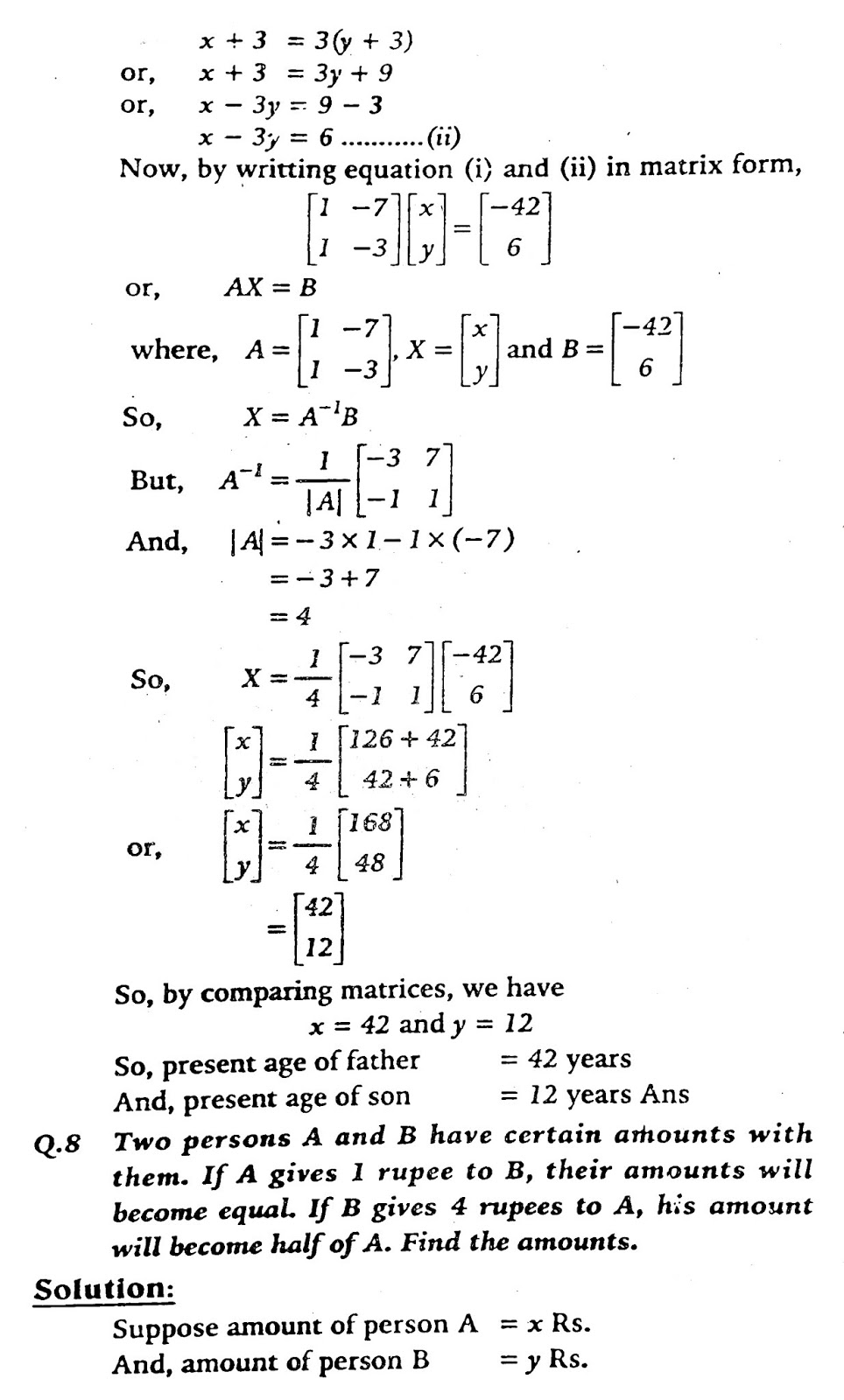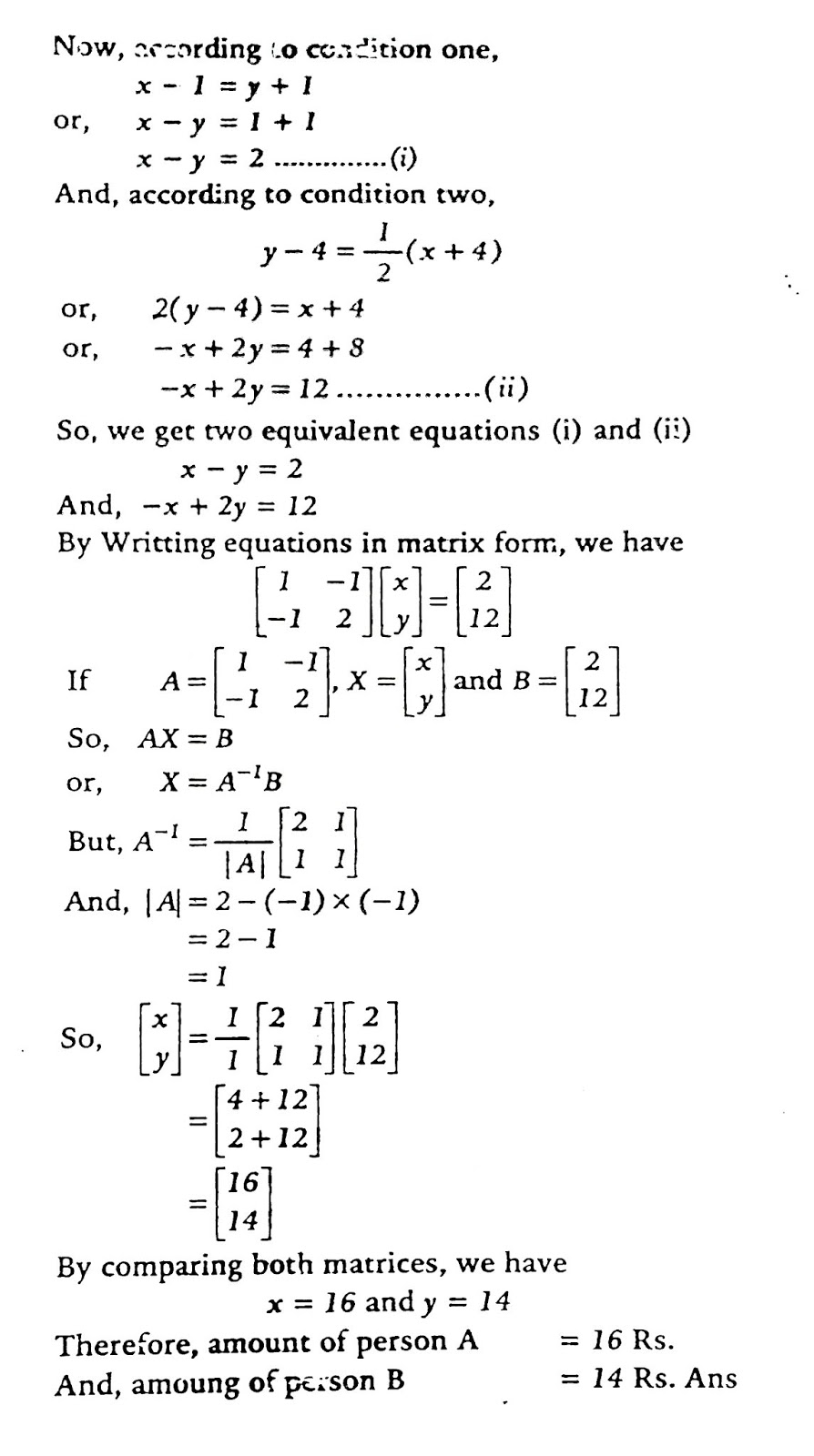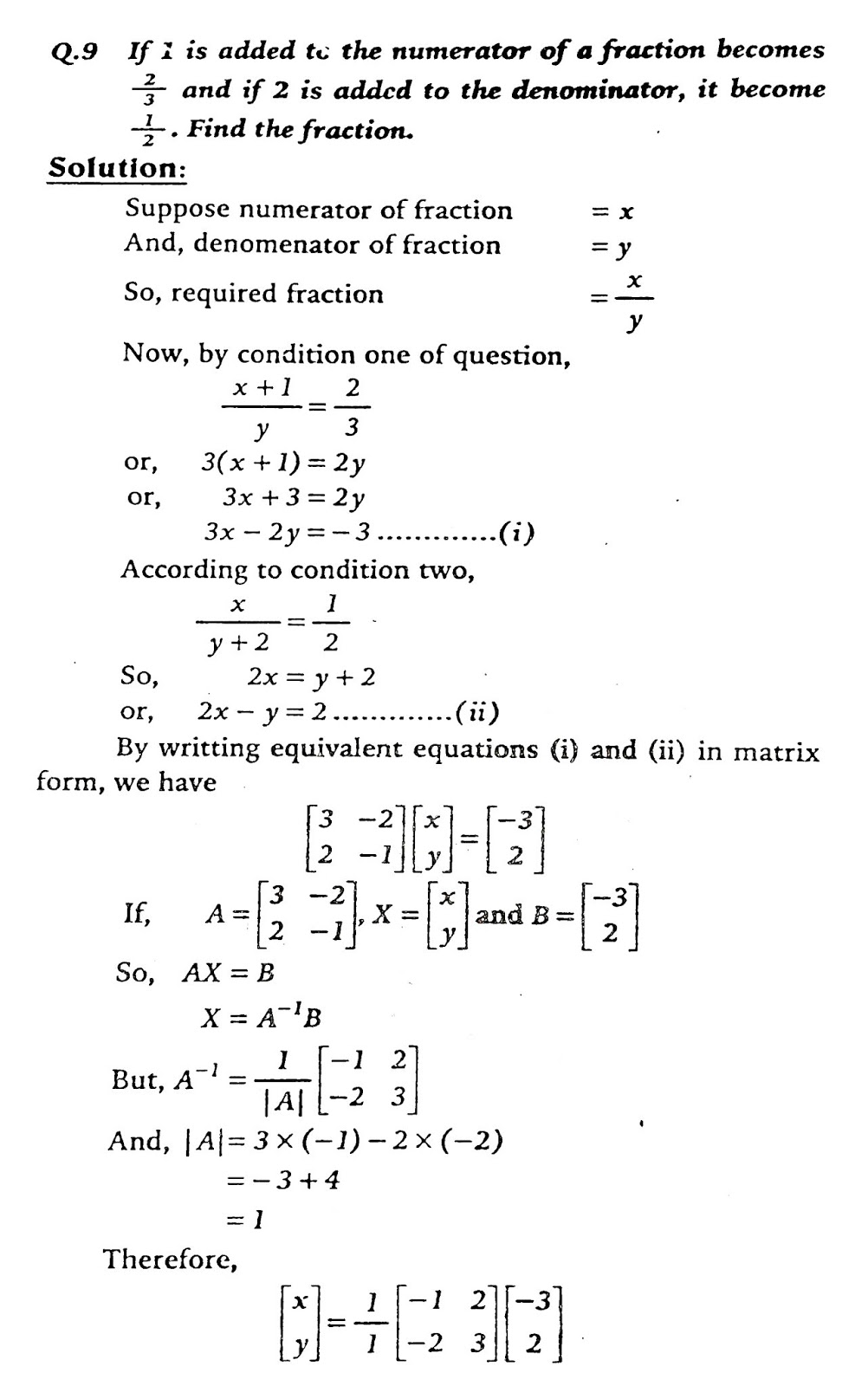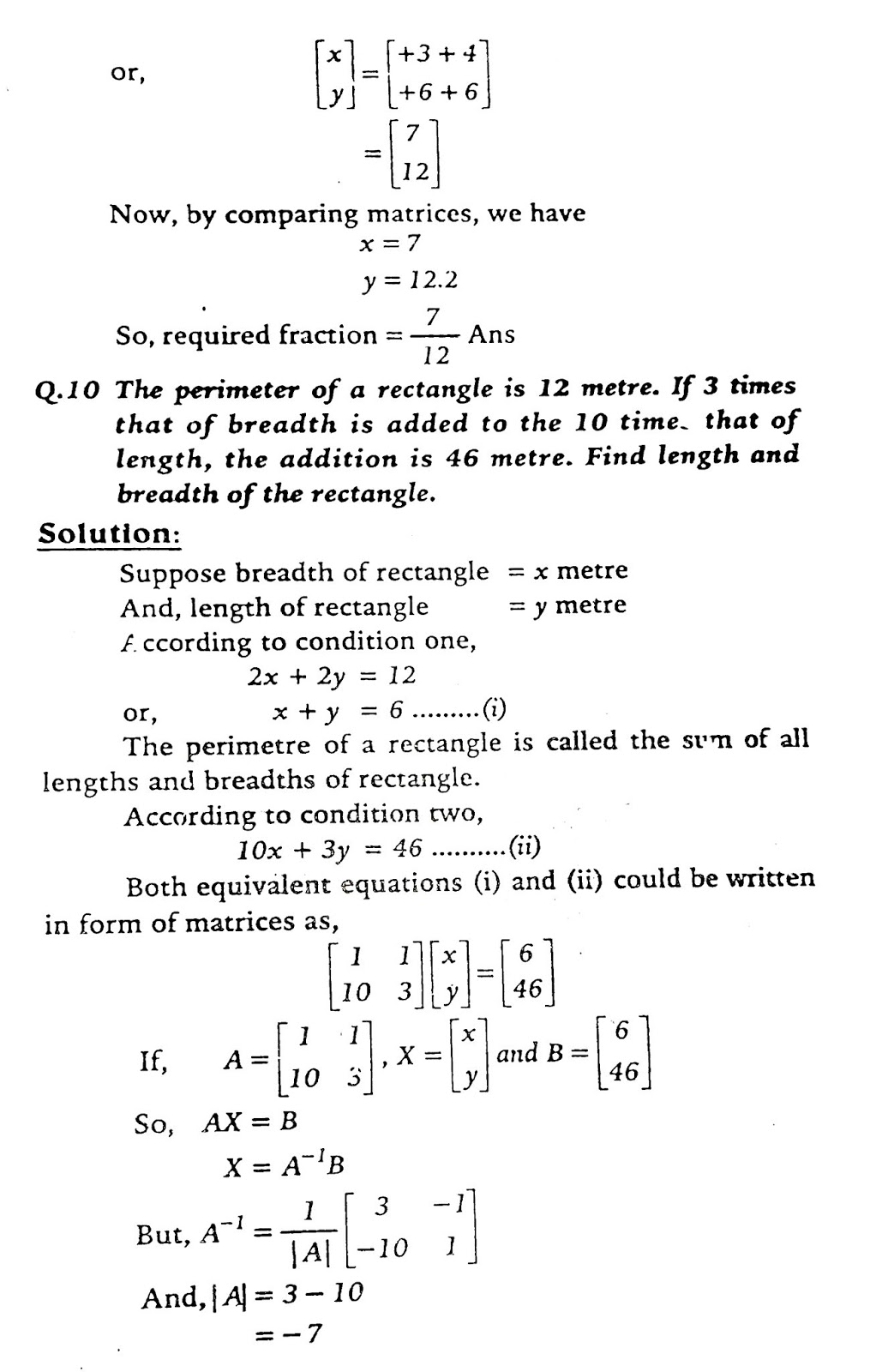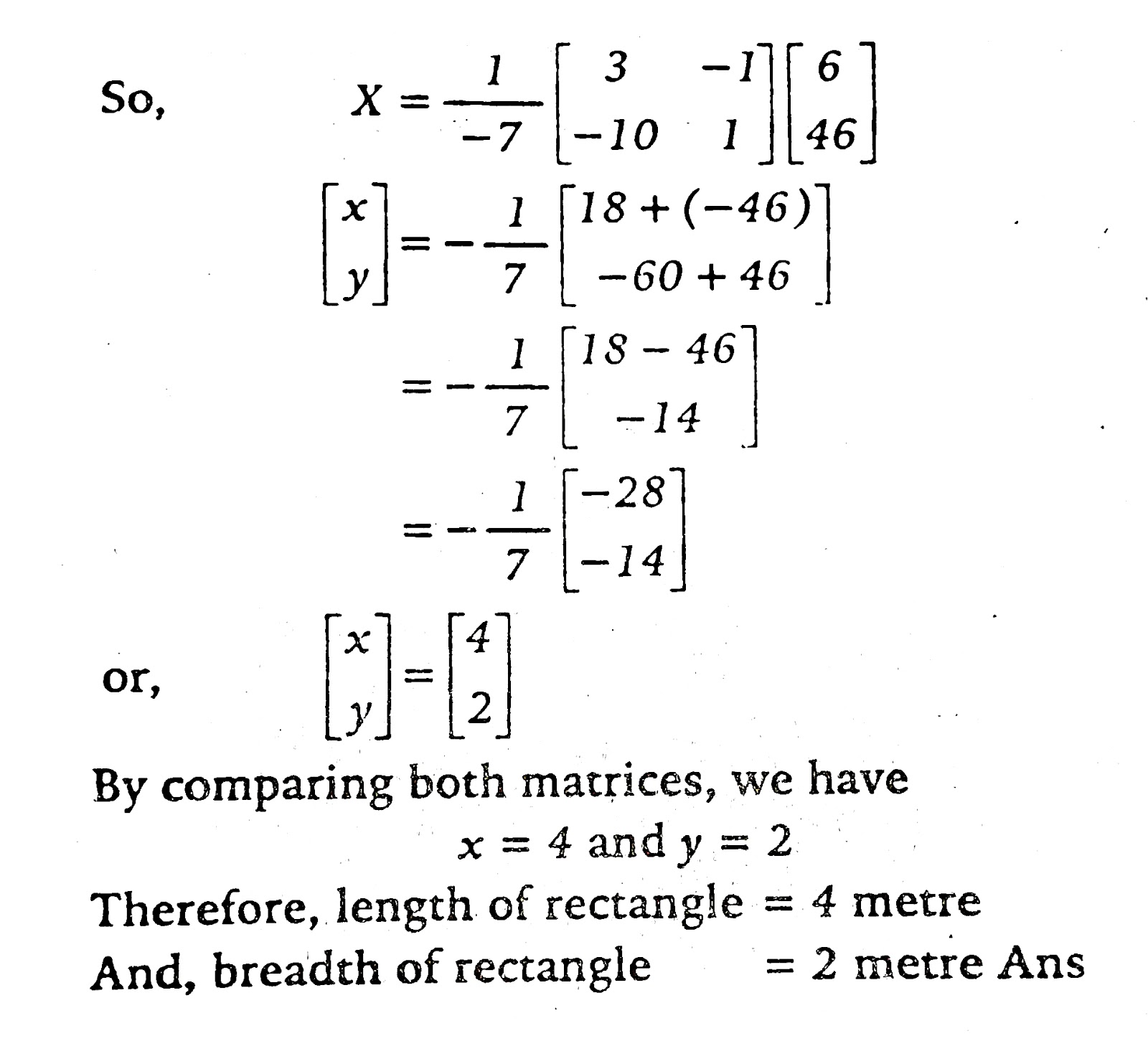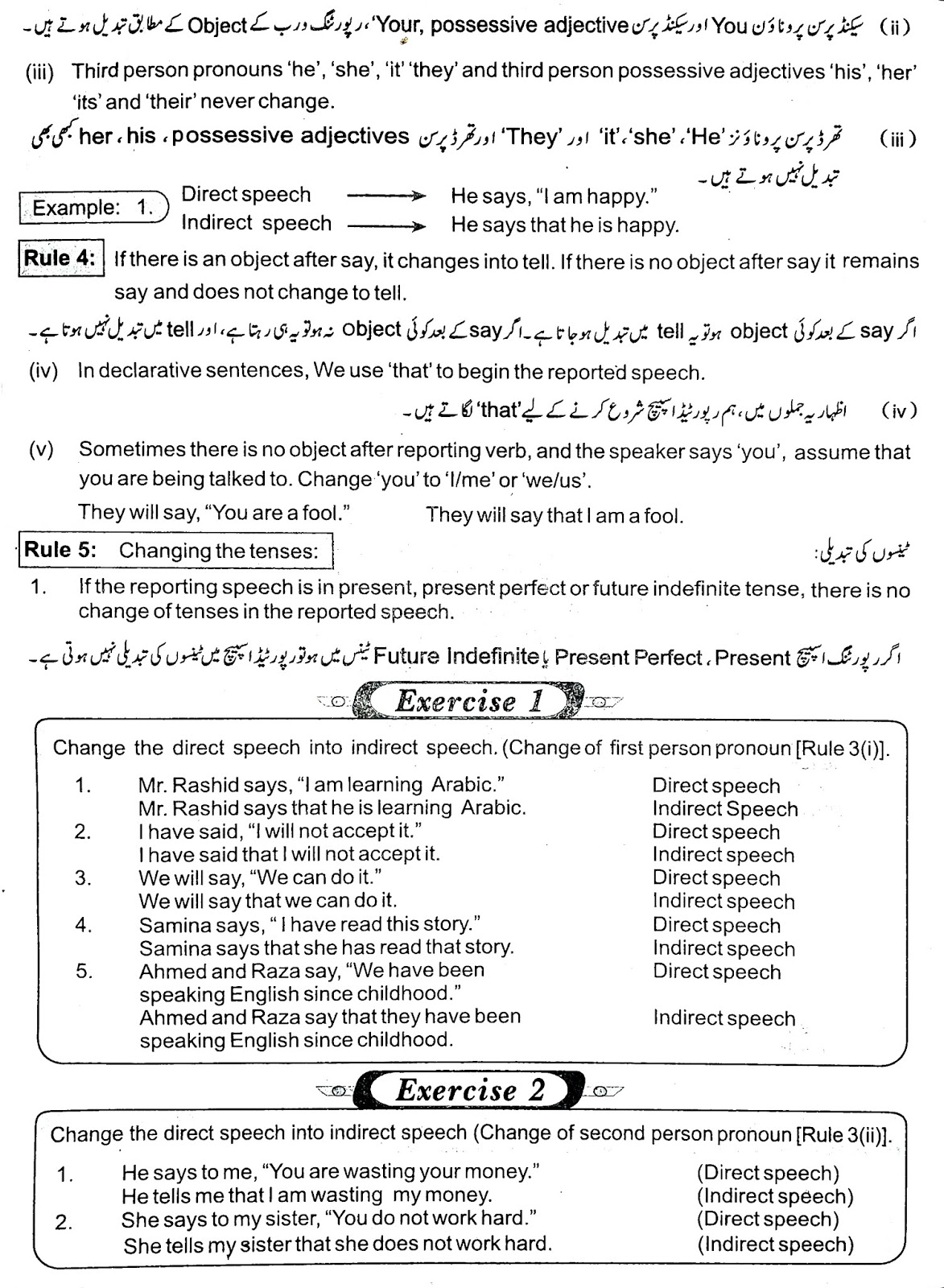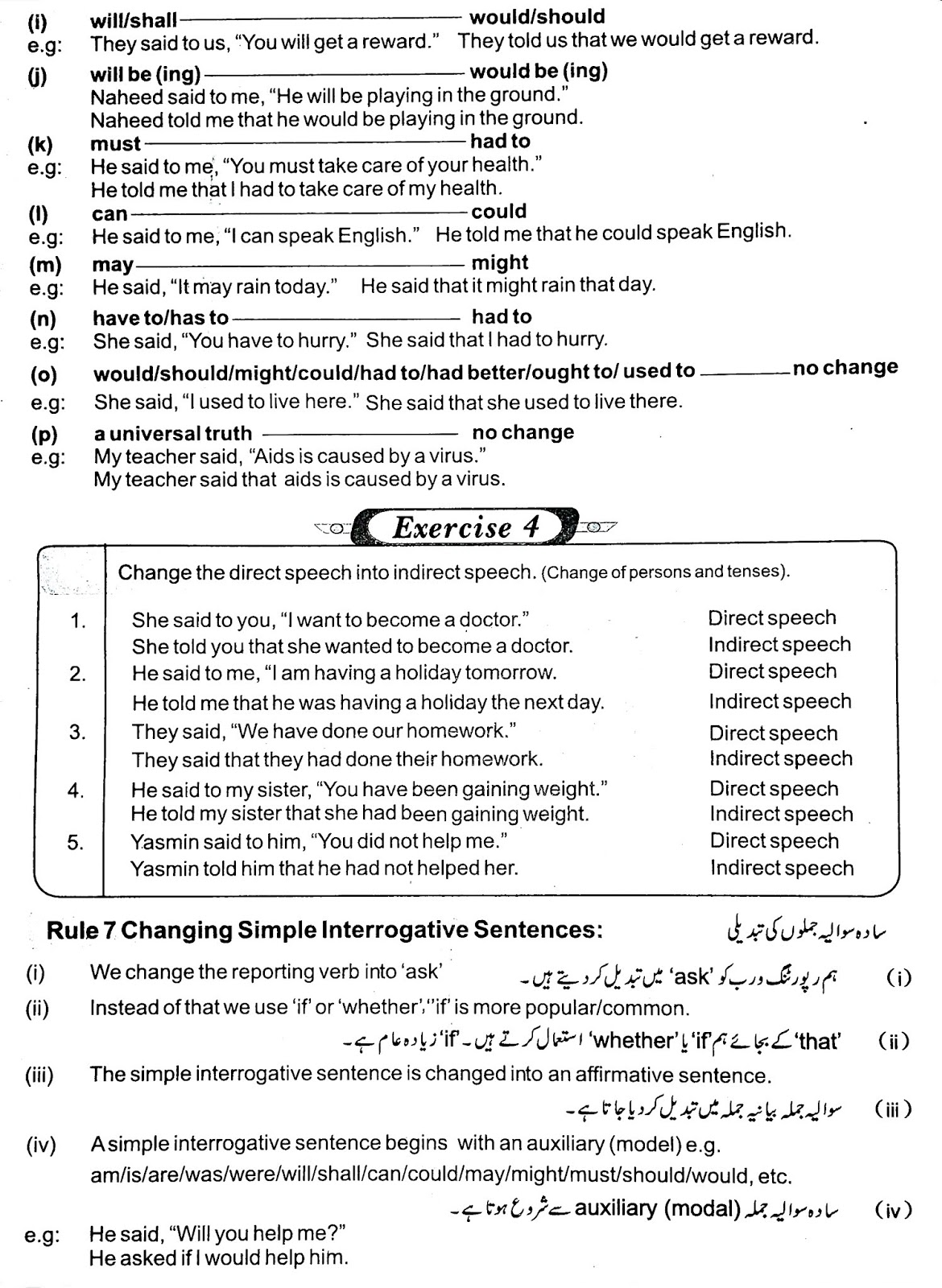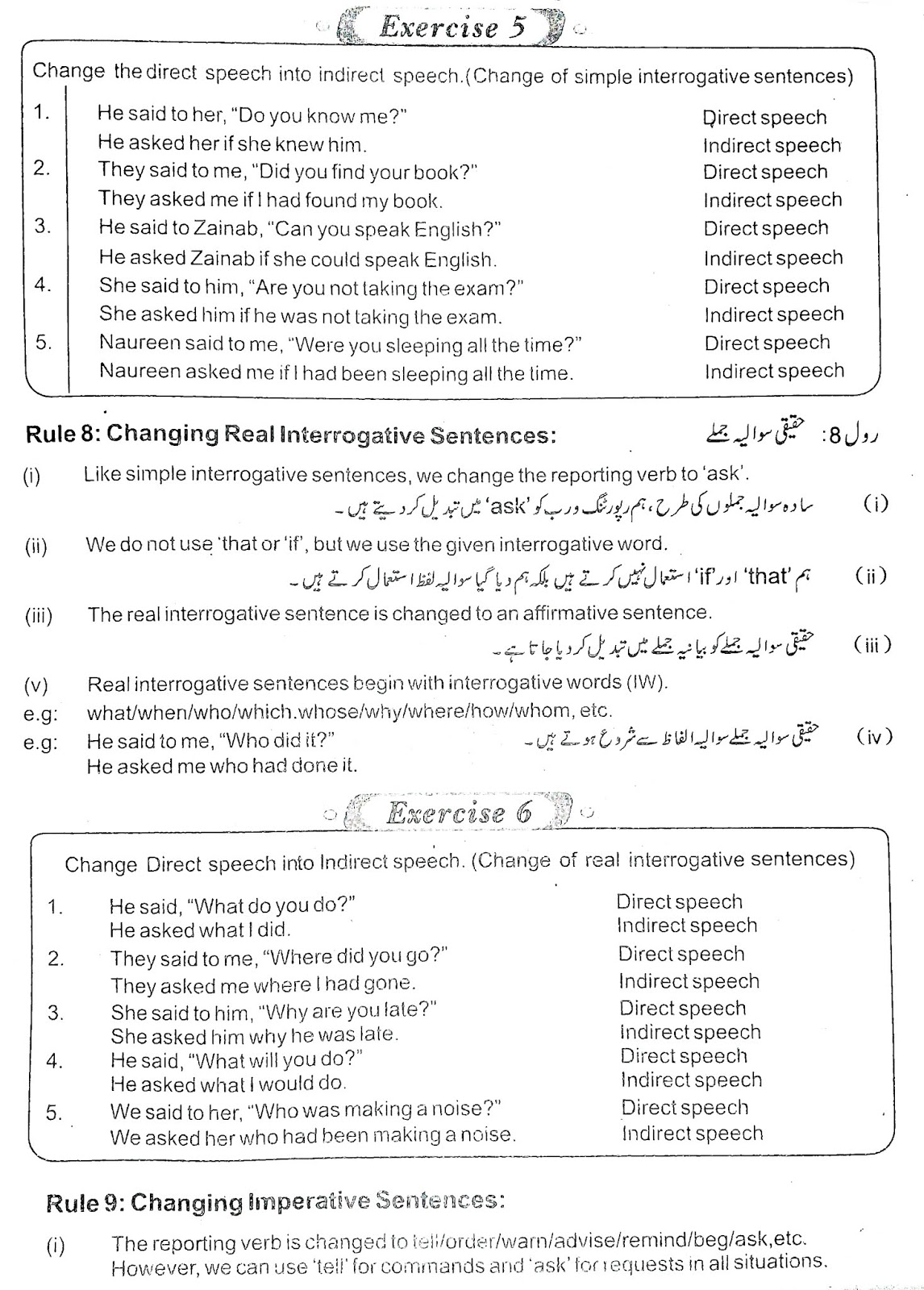Go To Index
AN AFRICAN VILLAGE
Reference To Context
Note : Students are advised to read whole chapters and poems thoroughly for reference to context Text Book Name: Secondary Stage English Book 2 For Class X
Lesson Name: An African Village
1."No wonder, it was called the "Dark Continent" once."
(i) Name the lesson and correct English Text Book name from which has this extract been taken?
(ii) Which continent was called "Dark continent and why?
(iii) How many independent countries are there in this continent?
(iv) Which is the largest country of this continent and where is it?
Ans:
(i) Lesson: "An African Village".
Text Book Name: Secondary Stage English Book 2 For Class X
(ii) Africa was once called the "Dark Continent". Because its northern parts have had relations with Europe and Asia for many centuries but very little was known about other parts till the middle of the 19 th century.
(iii) Africa is the second largest Continent and it consists of more than thirty-five independent countries.
(iv) Nigeria is the largest country and it is the most thickly populated of all the African countries. It is in West Africa
2."The farmers’ settlements or villages are scattered in the bush where they cultivate the land"
(i) Name the lesson from which this lines has been extracted.
(ii) Where are these villages ? What do you know about these villages?
(iii) What is the bush area made up of ?
Ans:
(i) These lines has been extracted from the lesson "An African Village".
(ii) These villages are in Nigeria. A Nigerian village may consist of a dozen to about three dozen huts. The farmers’ settlements or villages are scattered in the bush where they cultivate the land. The African villages are being introduced to the modern facilities of transport and communications.
(iii) A great part of Nigeria is covered with a dense forest which thins out into bush. The bush area is consisted of scattered trees with heavy undergrowth in the form of thick bush and grass.
3. "A narrow opening was left for entrance on the side toward the sun."
(i) Name the lesson from which this lines has been extracted.
(ii) What is being talked about in this line?
(iii) What sort of country is Nigeria?
Ans:
(i) These lines has been extracted from the lesson "An African Village".
(ii) In above line, the roof of hut in Nigerian villages are mentioned. These roofs were cone shaped and also thatched with a thick layer of straw, grass, reeds, or palm-leaves. A narrow opening was left for entrance on the side toward the sun.
(iii) Nigeria is mainly an agricultural country. It is the largest country of West Africa and is the most thickly populated of all the African countries. Most of its inhabitants are farmers who live in villages. A great part of Nigeria is covered with a dense forest which thins out into bush in the north. The bush consists of scattered trees with heavy undergrowth in the form of thick bushes and grass.
4. "The courtyard of the house is the centre of all activities."
(i) Name the lesson and correct English Text Book name from which has this extract been taken?
(ii) Where and what is the centre of activities?
(iii) Describe in few lines a day in the life of a Nigerian farmer and his wife?
Ans:
(i) Lesson: "An African Village".
Text Book Name: Secondary Stage English Book 2 For Class X
(ii) The courtyard of the house is the main centre of all activities. Women do all types of work including cooking and washing and the children play there. They only use rooms for resting purposes.
(iii) The life a Nigerian villager is a model of hard work. Farmer usually does all the work related to agriculture. They cannot rear cattle on account of a kind of fly whose sting kills the cattle and causes sleeping sickness among human beings. The farmer has to plough the fields with his hands, carry load to the market and walk long distances. They also tend cash crops.
women do the household work. Their courtyard of the house is the center of all activities where women work and cook food. they look after their children. They also look after the food crops
wood for lighting and heating purposes."
(i) Name the lesson from which this lines has been extracted.
(ii) What do you know about the remote villages mention in above lines?
(iii) Why the bush-dwellers use woods for lighting and heating purpose?
Ans:
(i) These lines has been extracted from the lesson "An African Village".
(ii) These are Nigerian villages . These village may consist of a dozen to about three dozen huts. The farmers’ settlements or villages are scattered in the bush where they cultivate the land. The African villages are being introduced to the modern facilities of transport and communications.
(iii) The bush-dwellers still use wood for lighting and heating purposes, since electricity has not reached these remote villages. A large pile of wood is lighted in the middle of the courtyard which gives them light and protects them from cold, mosquitoes and wild beasts.
6. "Usually, women look after the food crops while men tend the cash crops like oil-palms and cocoa trees."
(i) Name the lesson from which this lines has been extracted.
(ii) From which country these people belong. Write few lines about this country?
(iii) What are their food crops and cash crops?
(iv) Who tends the food crops and cash crops?
Ans:
(i) These lines has been extracted from the lesson "An African Village".
(ii) These people belongs to Nigeria. Nigeria is mainly an agricultural country. It is the largest country of West Africa and is the most thickly populated of all the African countries. Most of its inhabitants are farmers who live in villages. A great part of Nigeria is covered with a dense forest which thins out into bush in the north. The bush consists of scattered trees with heavy undergrowth in the form of thick bushes and grass.
(iii) The crop, which is edible and we use as food are called food crops. The main food crops of Nigeria are plantains, potatoes, yarns, ground nuts and pepper. While the crop which is export to other countries are called cash crops and the most important Nigeria’s cash crops are palm oil and cocoa.
(iv) Women look after the food crops while men tend the cash crops.
7. "One thing that is common in our villages and which we shall miss in an African village is the cattle."
(i) Name the lesson and correct English Text Book name from which has this extract been taken?
(ii) Why can't the Nigerian farmer rear cattle?
(iii) What are the other differences between Nigerian and our villages?
Ans:
(i) Lesson: "An African Village".
Text Book Name: Secondary Stage English Book 2 For Class X
(ii) The Nigerian farmers can not keep or rearing cattle on account of a kind of dangerous fly (Tse-Tse), whose sting kills the cattle and causes sleeping sickness among human beings which cause death.
(iii) The life of Nigerian farmer differ from Pakistani farmer in many ways. Their agricultural style is quite different from our’s. A Nigerian village may consist of a dozen to about three dozen huts which are separated from one another by cultivated patches of land. There are no streets or lanes. Their daily routine of life also differs from Pakistani farmers.
